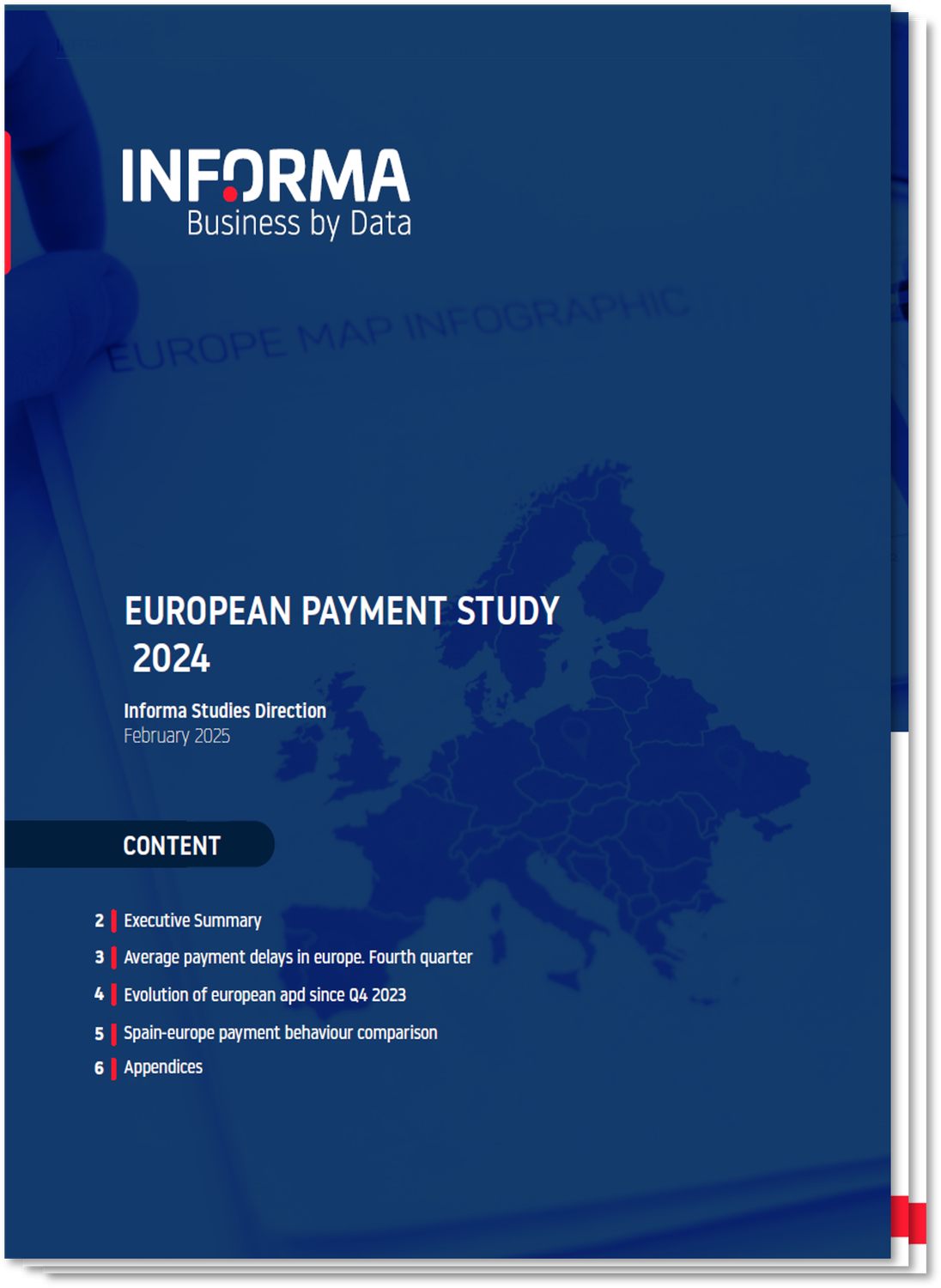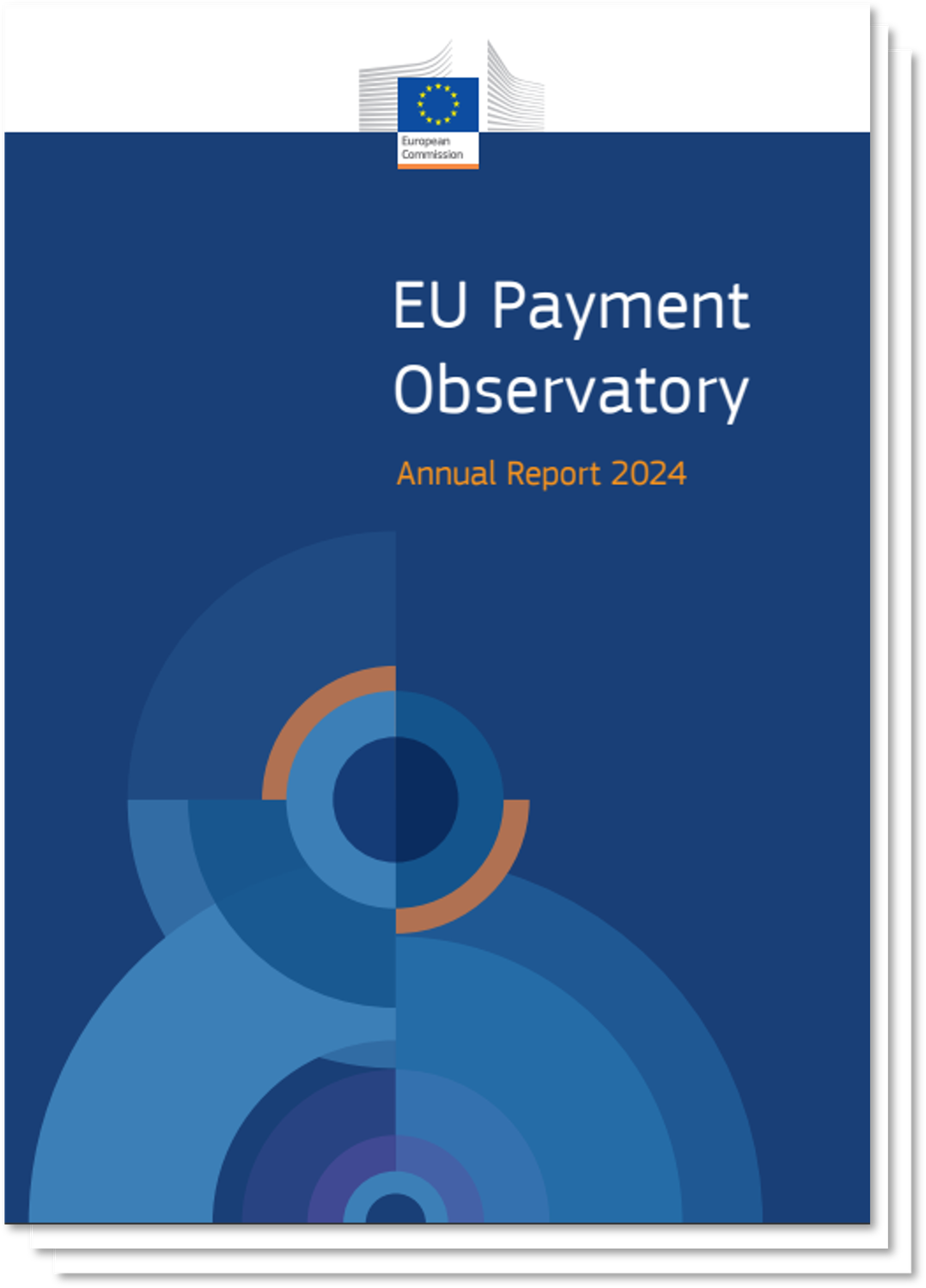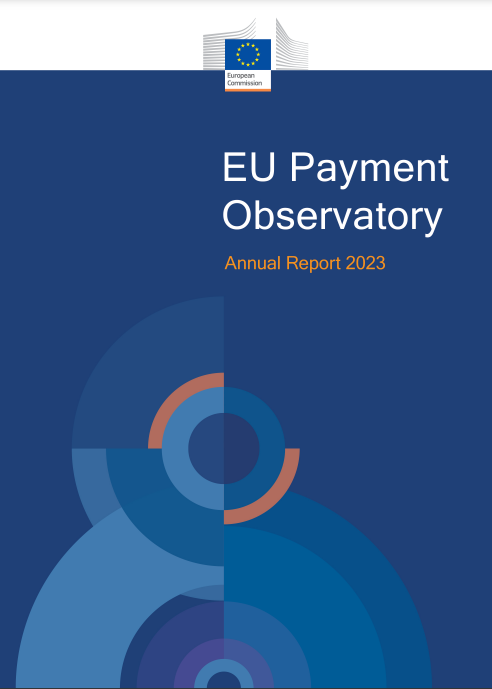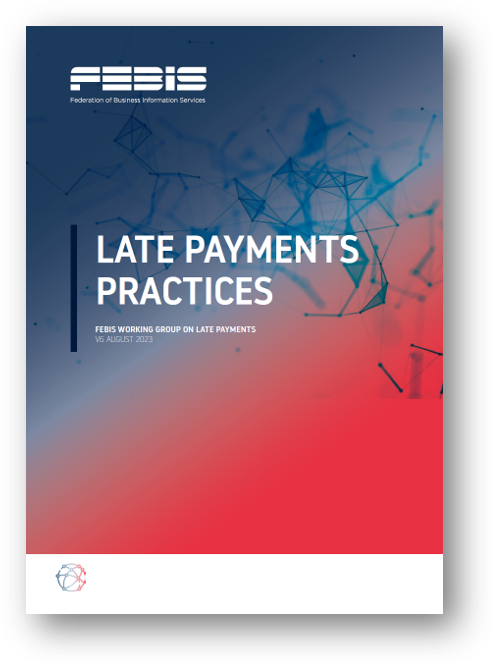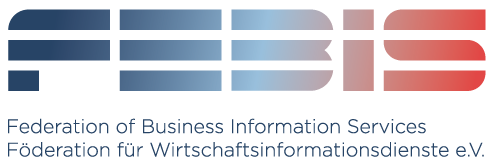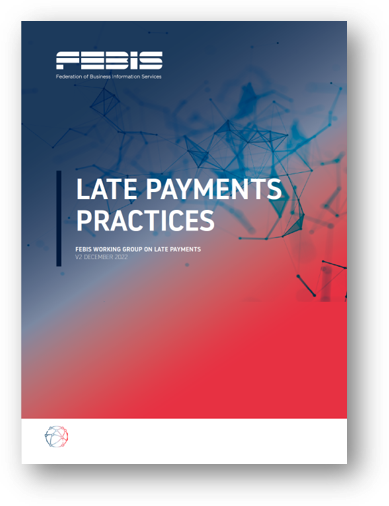- About
- Membership
- Knowledge Hub
- Regulatory Affairs
- Data Governance Act
- Data Act
- European Single Access Point
- Data Protection & GDPR
- Legitimate Interest
- Competitiveness Compass
- Single Market Strategy
- Open Data & Public Sector Information
- Anti-Money Laundering
- Corporate Sustainability Reporting Directive
- Trade Credit & Access to Finance
- Digital Company Law
- Corporate Due Diligence
- Open Finance
- Economic Insights
- Showcase
- Innovation
- Training
- Webinars
- Regulatory Affairs
- Media
- Collaborations
- Members Login
- Board Login
- Blog
Economy · 26. March 2025
In the last quarter of the year, the European Average Payment Delay (APD) stood at 12.17 days, which represents a slight increase of 0.06 days compared to last year. Throughout 2024, the European APD reached its lowest level since 2011, with 11.89 days in the first quarter.
Economy · 14. January 2025
Late payments are a significant hurdle for the competitiveness of EU companies. Delayed
payments affect firms’ liquidity, thereby hampering their ability to properly operate and to invest in growth.
Economy · 03. October 2024
In today's intricate business environment, on-time payments are more than simply a financial need.
Economy · 18. July 2024
Paper-based invoices are losing ground to electronic invoices. The switch to eInvoices is bringing about significant changes for the seller and buyer alike.
EU Newsletter · 20. June 2024
It became clear during the negotiations in the Working Party, however, that a large number of Member States is not convinced that there is a need to replace the currently existing rules on late payment by a new Regulation or by a new Directive.
EU Newsletter · 21. March 2024
The Committee on Internal Market and Consumer Protection (IMCO) approved the draft report on the proposal for a Late Payments regulation (LPR).
Economy · 29. February 2024
Fulfilling the objectives of the EU Payment Observatory, the 2023 Annual Report stands as its foremost analytical output. It provides a comprehensive analysis of the trends in payment behaviour in commercial transactions in the EU from 2019 to 2022.
FEBIS · 26. September 2023
FEBIS Working Group on “Late Payments”, which objective is to increase and share the knowledge on this topic has released a second edition about the situation in some countries, not only on legal aspects, but also on the best practices and the impact of late payments in the economy.
FEBIS · 31. August 2023
One of the components of this Observatory is the Stakeholder's Forum, composed of associations, information providers, and administrations with experience in the problem of late payments.
FEBIS · 16. May 2023
FEBIS Working Group on “Late Payments”, which objective is to increase and share the knowledge on this topic has released a first version about the situation in some countries, not only on legal aspects, but also on the best practices and the impact of late payments in the economy.

